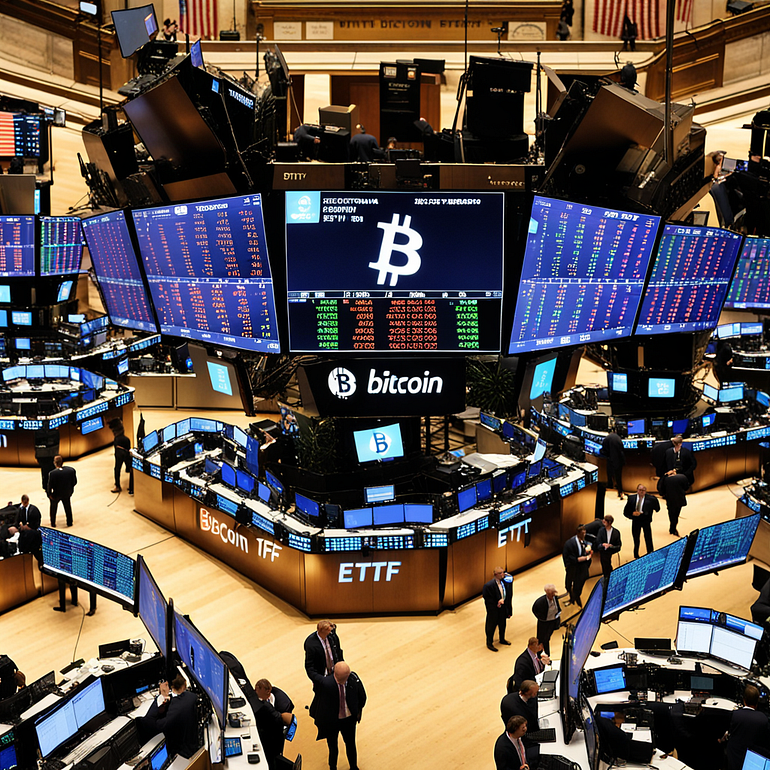A commencement of the United States' interest rate decreases, or the beginning of the showdown between the United States and China.
 |
A fresh conflict is on the horizon.
In recent times, people who are paying attention to exchange rates have become aware that the RMB ( China Yuan ) is fast appreciating.
As for the particular reasons, I believe you comprehend them, and everyone believes that the reduction in the United States' interest rate for the month of September is already predetermined;At the end of August, an American economist , who is also the chief economist at Morgan Stanley London Company expressed his belief that Chinese corporations may sell one trillion dollars' worth of assets in the United States when the Federal Reserve reduces interest rates.
As a result of this wealth flowing back to China from the United States, the RMB will increase by between five and ten percent. Many people were ready to welcome the big influx of wealth back to China as soon as this news broke, and they have judged that the United States has already declared defeat in this round of financial warfare.
You have to realize that the Americans are the pioneers of financial games, and the cycles of the dollar's interest rate are harvest cycles; they are the ones who started this conflict. They rule in the arena of this game
The fact that the United States has begun to reduce interest rates does not necessarily guarantee that it will continue to do so in a rapid and consistent manner. The rates can be lowered gradually, or even after two or three reductions, they can be raised once more, as has been the case throughout history.
In spite of the fact that history does not always repeat itself, it frequently rhymes. Back then, it was the bubble of the dot-com industry; could it be a bubble of doom this time around?
Based on this research, it appears that the reduction of interest rates in the United States is not only an economic strategy, but rather a component of a strategic plan that aims to impose financial influence all over the world, particularly on China.
According to this point of view, the United States' rate reduction interact with both the political landscape and the global economy because the United States is the global leader in the financial sector.
It is a suggestion that a reduction in interest rates in the United States could result in the outflow of money into China. In order to prevent this from happening, the United States might first engage in a financial "harvest," which would involve shorting banks, stocks, and cryptocurrencies in order to eliminate a portion of the capital. Using this technique, controlled capital movement within the United States is ensured, hence limiting the likelihood of capital leaving the country.
This perspective serves as a cautionary tale, advising China to be careful of the financial tactics of the United States and the geopolitical hazards that these actions may involve.
Disclaimer:
The contents of this report are for informational purposes only and do not constitute financial advice. Readers are encouraged to conduct their own research or consult with a qualified financial advisor before making investment decisions. The opinions expressed here are based on available information and market speculation at the time of writing and may not accurately predict future outcomes.












